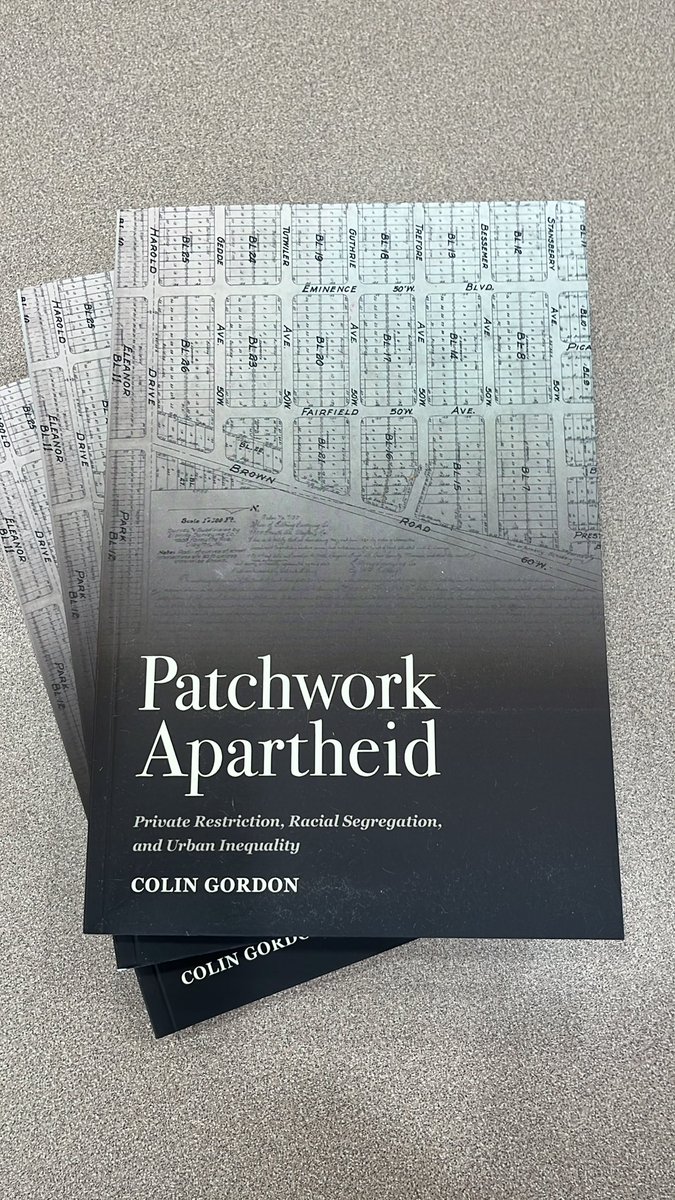
Colin Gordon
@ColinGordon6
ID:617227788
http://colin-gordon.sites.uiowa.edu 24-06-2012 14:03:45
338 Tweets
546 Followers
230 Following
Follow People

It’s pub day! “Rooting Race in Place” is the 1st published paper from my project, Whiteness in Crisis, a large in-depth interview project of White southerners generously supported with research grants from the U.S. National Science Foundation and Russell Sage Foundation. A short thread…
doi.org/10.1093/socpro…

RSF author/former scholar Colin Gordon writes for The Hill on how segregated suburban neighborhoods complicate the political calculus for both parties.
thehill.com/opinion/campai…























